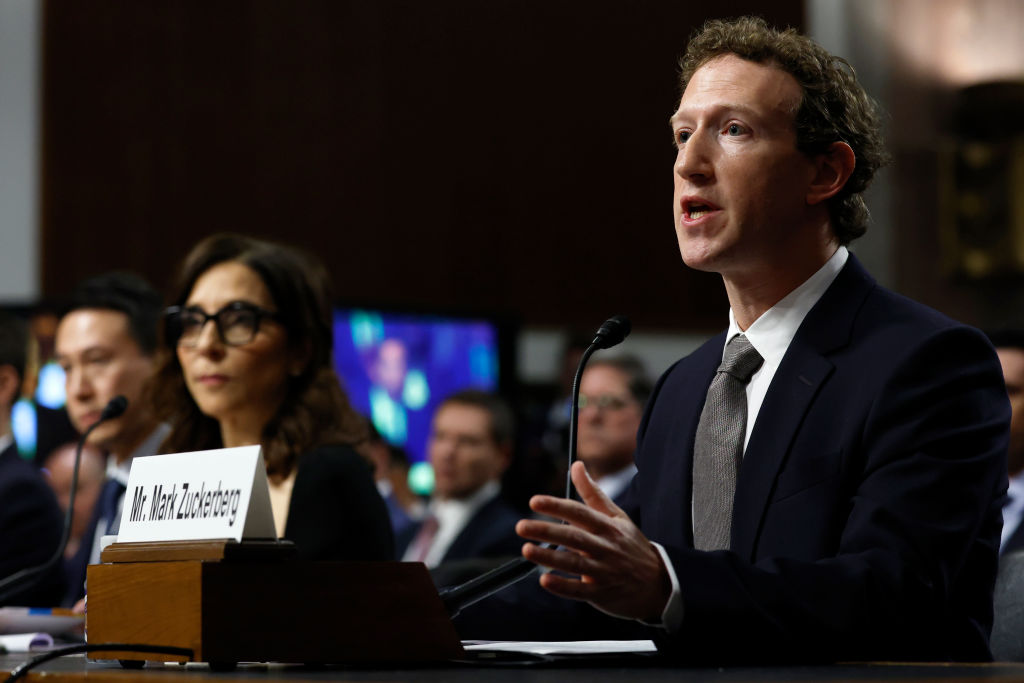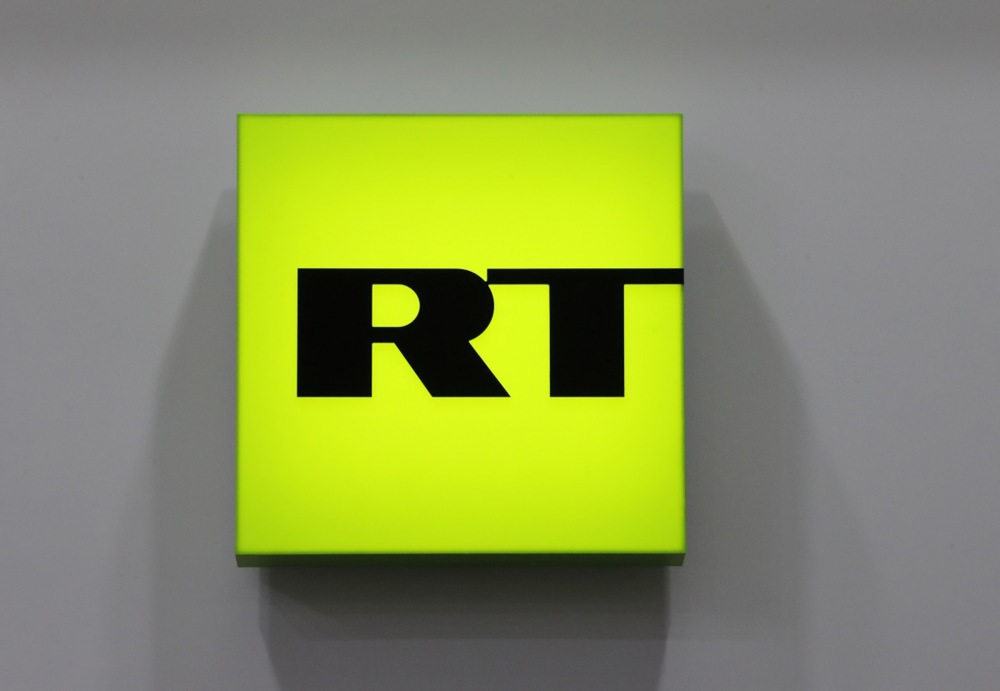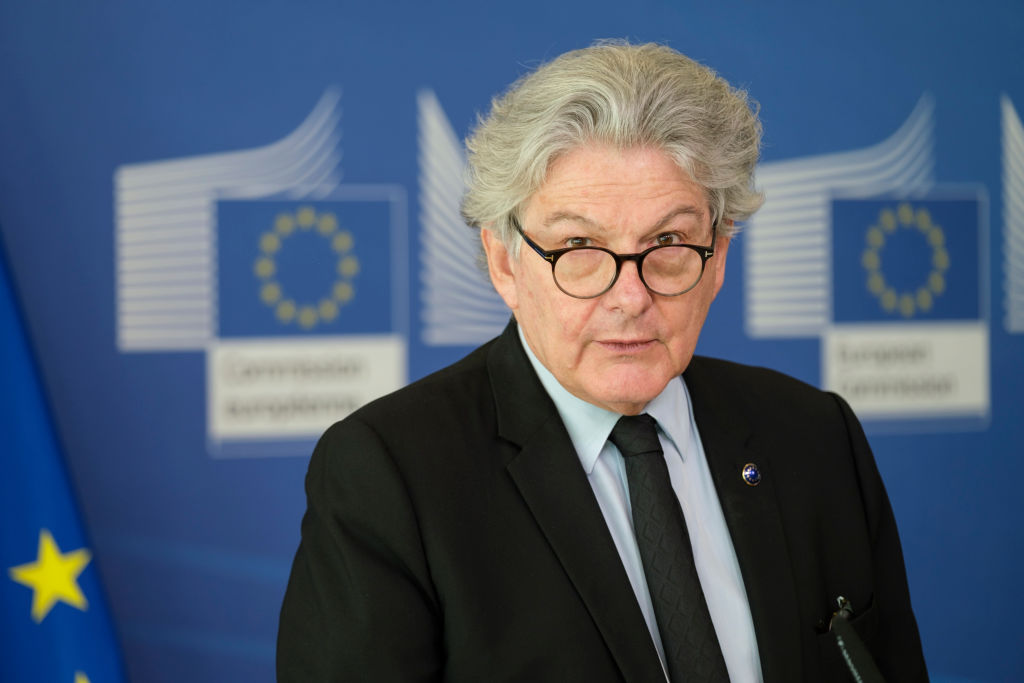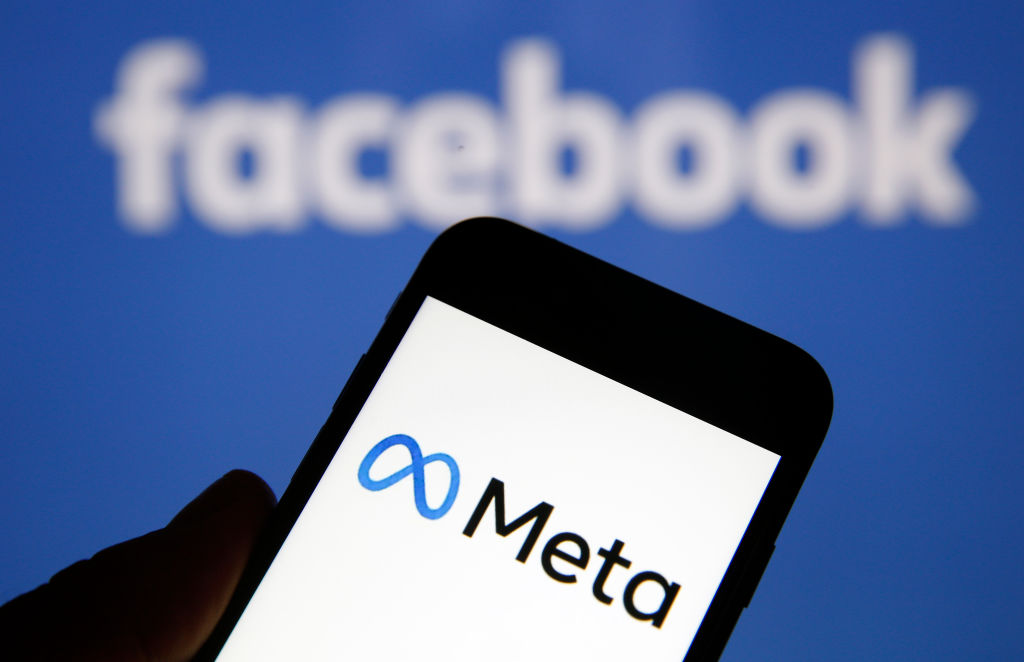Google has rejected demands by the European Commission to add fact-checking to its search results and YouTube videos as well as to use fact-checking in ranking and removing content.
The tech giant said it would not abide by the Commission’s new Disinformation Code of Practice, in a letter obtained by US news outlet Axios.
The fact-checking integration required by the Commission’s legislation “simply isn’t appropriate or effective for our services” and Google wouldn’t commit to it, its global affairs president Kent Walker told Renate Nikolay, the European Commission’s deputy director general for content and technology.
Google would “pull out of all fact-checking commitments in the Code before it becomes a DSA Code of Conduct,” he wrote.
The European Commission had asked Google to incorporate fact-check results alongside its search results and YouTube videos.
It also wanted Google to build fact-checking into its ranking systems and algorithms.
Walker cited last year’s “unprecedented cycle of global elections” as evidence Google’s current content management strategy was effective.
He also pointed to a new feature in YouTube, enabling some users to add contextual notes to videos. Walker said the move had “significant potential”.
This system mirrors the Community Notes featured on X, which Elon Musk introduced to replace content moderation.
A Community Note-like system was recently also introduced on Meta’s social platforms.
However, Meta added it would follow the requirements imposed by the Digital Services Act (DSA), which obliges platform operators to take action against “illegal content”.
The European Union’s executive has started to compile guidelines for Big Tech platforms to prevent disinformation, hate speech, and counterfeits from disrupting the process of democratic elections. https://t.co/iCPj260VMf
— Brussels Signal (@brusselssignal) February 8, 2024
According to the 2022 Code of Practice on Disinformation, major online platforms committed to take action in several domains.
These included demonetising dissemination of disinformation, ensuring transparency in political advertising, empowering users, enhancing cooperation with fact-checkers, and providing researchers with better access to data.
While the EU claimed this was to combat disinformation, opponents said the moves were a form of censorship.
In August 2024, the Association for the Support of Whistleblowers (ASLA) accused the European Union’s Digital Services Act (DSA) of “restricting freedom of expression under the disguise of regulation”.
Anaïs Lignier, head of the ASLA legal and administrative department, told Brussels Signal in her opinion the EU legislation was being used to censor the internet.
Mark Zuckerberg, the owner of Meta, recently stated the EU had a growing number of laws “institutionalising censorship” which made it increasingly challenging to foster innovation in the region.
The European Commission has given third-party NGOs the power to police the internet under the Digital Services Act. So-called “trusted flaggers” will be allowed to patrol the web in a move likely to cause concern. https://t.co/P8YIzEkKbB
— Brussels Signal (@brusselssignal) January 11, 2024





